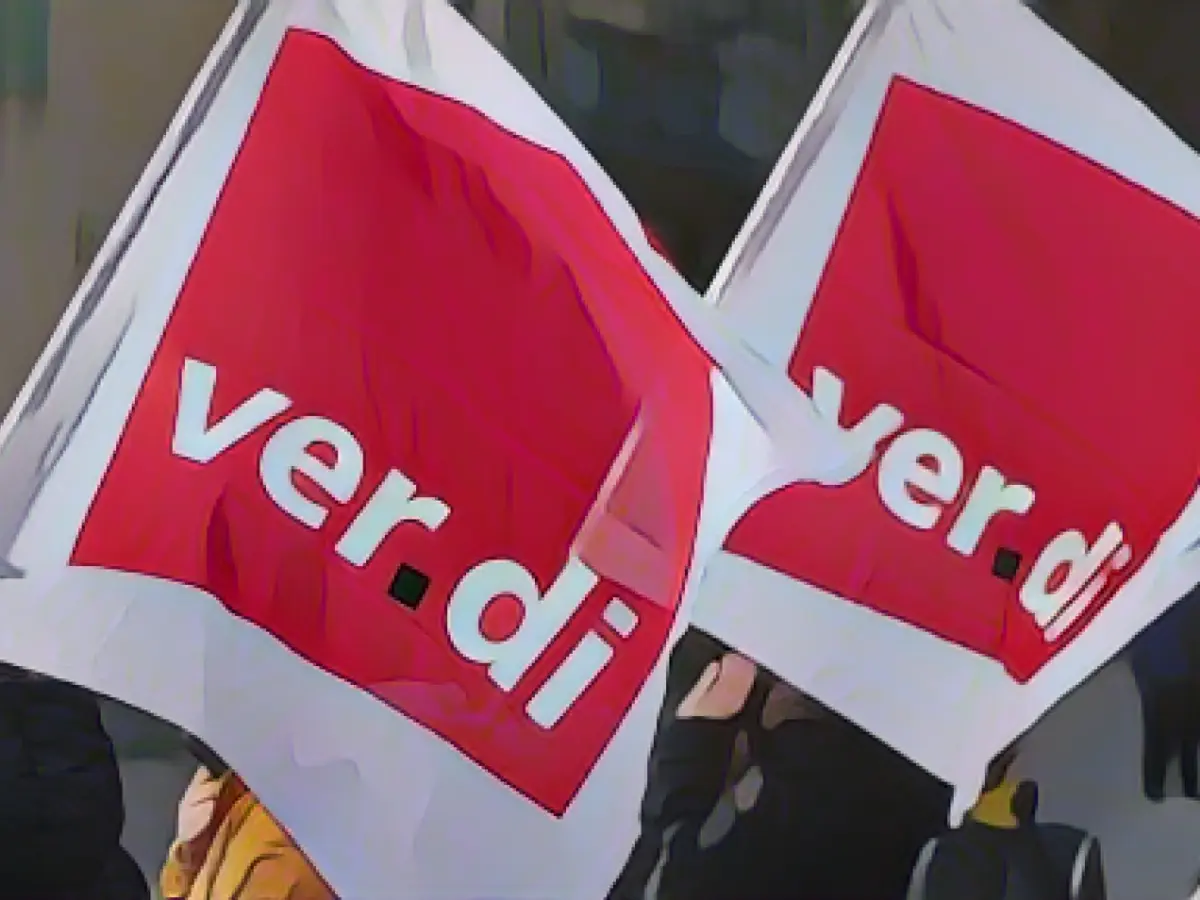Update on Verdi's Actions and Public Sector Strikes
With the crucial third round of collective bargaining for the public sector looming, Verdi is ramping up its protest actions. This week, thousands of employees in Hamburg joined in warning strikes, voicing their disapproval of the employers' stance. These strikes are set to continue on Tuesday, with a rally kickoff at Besenbinderhof and a demonstration march through the city center.
Verdi is pressing for a 10.5% income increase for public sector employees in federal states, accompanied by a minimum monthly raise of 500 euros. Additionally, the union is demanding a 300 euro monthly city-state bonus. However, the Tarifgemeinschaft deutscher Länder (TdL) with its lead negotiator, Hamburg's Finance Senator Andreas Dressel (SPD), has expressed concerns over the affordability of these demands.
Hamburg's public services, including garbage collection and childcare, may face disruptions due to these strikes, causing inconvenience for locals and businesses. Verdi's actions have gained support from the United Services Union, its UK counterpart, who warns of potential trade disputes.
Beyond Hamburg
- Post and Parcel Services: Verdi has been engaged in negotiations with Deutsche Post and DHL, demanding a 7% wage hike and additional paid leave days for 170,000 employees. Strikes have already disrupted operations, and further rounds are planned for February.
- Public Transport in Berlin: Verdi is pressing for better wages for BVG (Berlin Urban Transit) employees, with a 40-day ultimatum following a second warning strike. The 24-hour strike led to significant service disruptions, and further actions may be on the table.
Wider Context
The public sector labor disputes are part of the broader struggle against austerity measures and social cuts in Germany. Chancellor Olaf Scholz is advocating for substantial war budget expenditures, which may impact subsidies and public sector spending. The Transport Workers Action Committee has criticized Verdi for its strike strategy, suggesting that it doesn't effectively mobilize against austerity and war policies.
Employer and Government Responses
Employers are resistant to substantial wage increases due to economic pressures and the need to maintain competitiveness in the market. The German government is pushing for austerity measures and increased military spending, which may contribute to tensions in the ongoing labor disputes.
Source:
[1] [2] [3] [4] [5]







